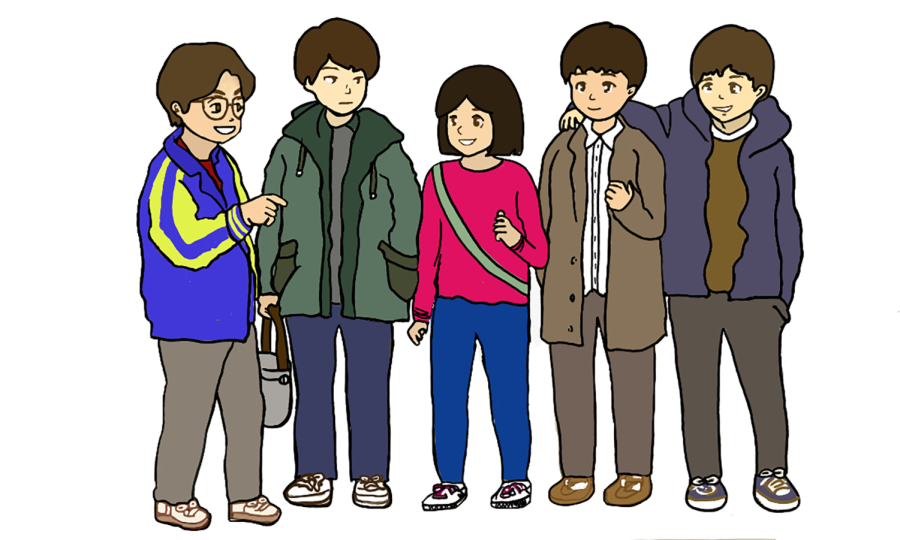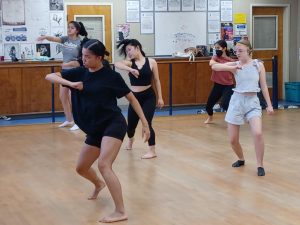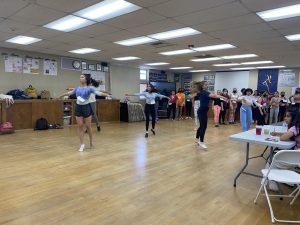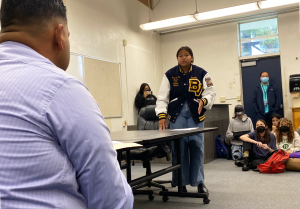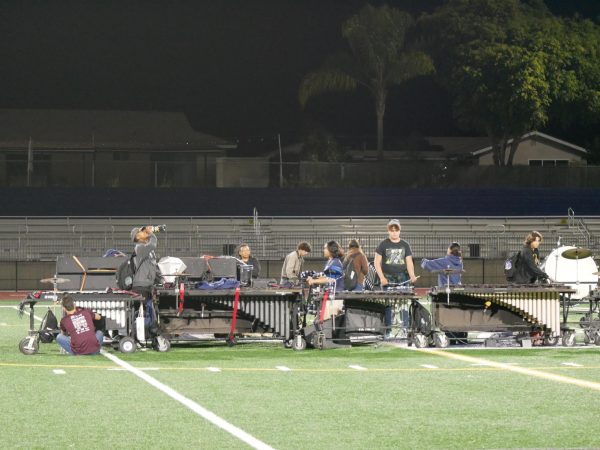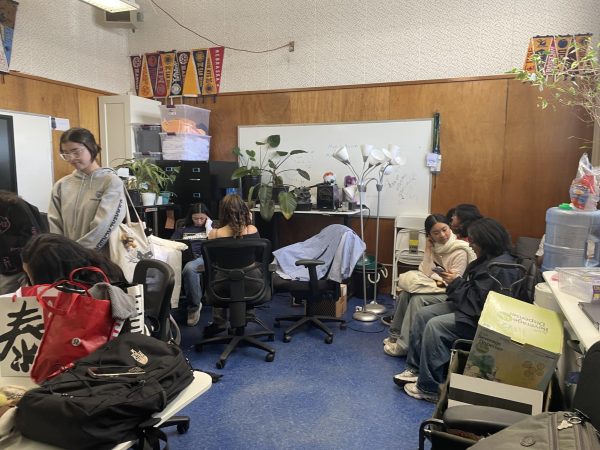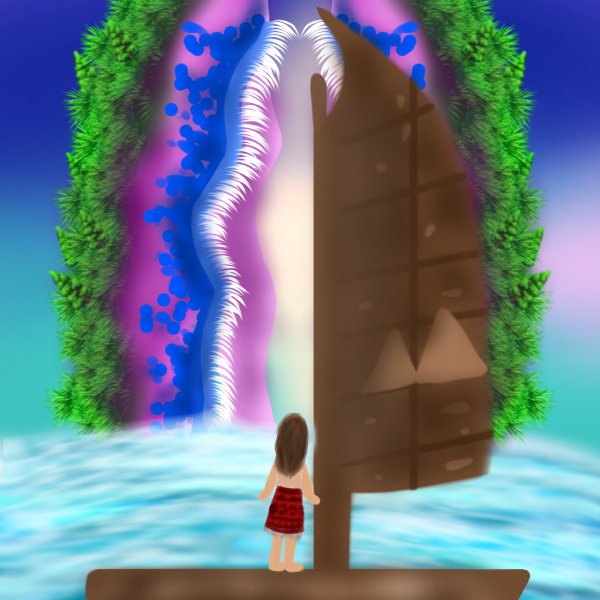“Hello Ssangmundong”
A “Reply 1988” Review
In 1988 five childhood friends—Sun Deok-Sun (played by actress Lee Hyeri), Kim Jung-Hwan (played by actor Ryu Jun-Hyeol), Sung Sun-Woo (played by actor Go Kyung-Pyo), Ru Dong-Ryeong (played by actor Lee Dong-Hwi) and Choi Taek (played by actor Park Bo-Gum)—sit huddled together in a room, laughing as they watch a classic Korean film. As the sun starts to set, they run back to their own homes to the sound of their mothers yelling their names to eat dinner.
“Reply 1988” is the third “reply” series on tvN —a South Korean television network— released in 2016. According to the article “‘Reply 1988’ ends with record viewership” written by Ahn Seong-mi, “19.6 percent of viewers tuned in to watch the 20th and final episode.” Although “Reply 1988” is the last reply series made, it has been the tvN audiences’ favorite and most viewed series on Korean television. Currently, Korean students are continuing to watch Reply 1988 as it provides them comfort during times of stress and studies. Additionally, Korean adults are also continuing to watch the T.V show to keep themselves entertained.
The show revolves around the lives of these five childhood friends, showcasing their struggles as teenagers which many students can relate to. It presents the lifestyle of Korean students in the 80’s attending high school: hanging out with friends, studying at a library until midnight and preparing for their future. Although they are frequently faced with obstacles and challenges like bullies and losing in tournaments, by helping each other out, the teenagers overcome them and grow.
Not only does “Reply 1988” emphasize the theme of friendship through the five friends, but it is also portrayed through their parents. From sharing rice and side dishes, to helping each other financially, the parents of the five friends are very close with each other. This allows them to give and receive help without hesitation. Due to the close bonds of all the families in the neighborhood, they consider each other as family members. The bonds can be seen when the characters walk into each other’s homes without permission as if it were their own, or when Jinju (played by Kim Seol), Sun-Woo’s sister, wanted a snowman for Christmas and the neighborhood got together to fulfill her wish.
As mentioned, “Reply 1988” illustrates the struggles the friend group faces, but it also showcases everyday themes of poverty, career, school, illness, love and more through these families. As the characters find ways to resolve their problems, life lessons are learned and shared with the audience; such as “there is no such thing as a perfect parent” and “it’s okay to lose sometimes; it’s all part of a game.” The conflicts and life lessons can hit close to home for the audience as it depicts common conflicts people face and can relate to throughout their life.
Youth is also portrayed as a major theme in the show’s last few episodes. The grown teenagers reminisce and reflect back on their childhood as everyone moves out from Ssangmundong to apartments. As Ssangmundong becomes deserted, the neighborhood closes to be renovated to new apartments. This is to illustrate how matured teenagers and their family’s youth has come to an end. By recognizing youth as one of the important theme in Reply 1988, it provides adults the opportunity to look back and reminisce the moments when they were young.
Furthermore, real news events, popular music, films and celebrities from 1988 and the following few years are incorporated, which makes “Reply 1988” unique. News events like the 1988 Summer Olympics makes the drama series more realistic as people who lived during that time can remember those events and share similar emotions. The show includes details from traditional Korean culture where mothers wore white cloth strips to relieve their headaches, where common Chinese characters were seen in newspapers and where there was a law that makes getting married to a person with the same surname illegal.
Overall, “Reply 1988” is a television show that is relatable as the characters reflect peoples’ common emotions and personality traits. Through watching the characters grow, it makes the audience laugh and shed tears. For these reasons, “Reply 1988” deserves a 5/5 star rating.
As the last episode comes to a close, the camera shifts its positions to show the worn down Ssangmundong neighborhood alleys. For the last time Duk-seon says her farewell: “To a time that has already passed, I want to say a belated farewell. Goodbye, my youth. Goodbye, Ssangmundong.”
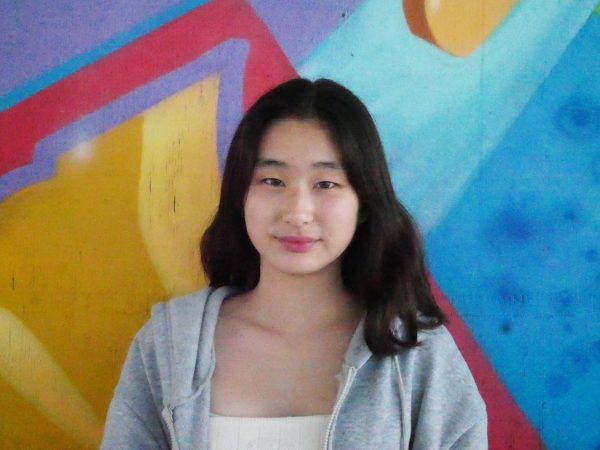
As a senior and Editor-in-Chief of BVH’s the Crusader, I hope to guide the publication to continue publishing articles that have an impact on our community....

